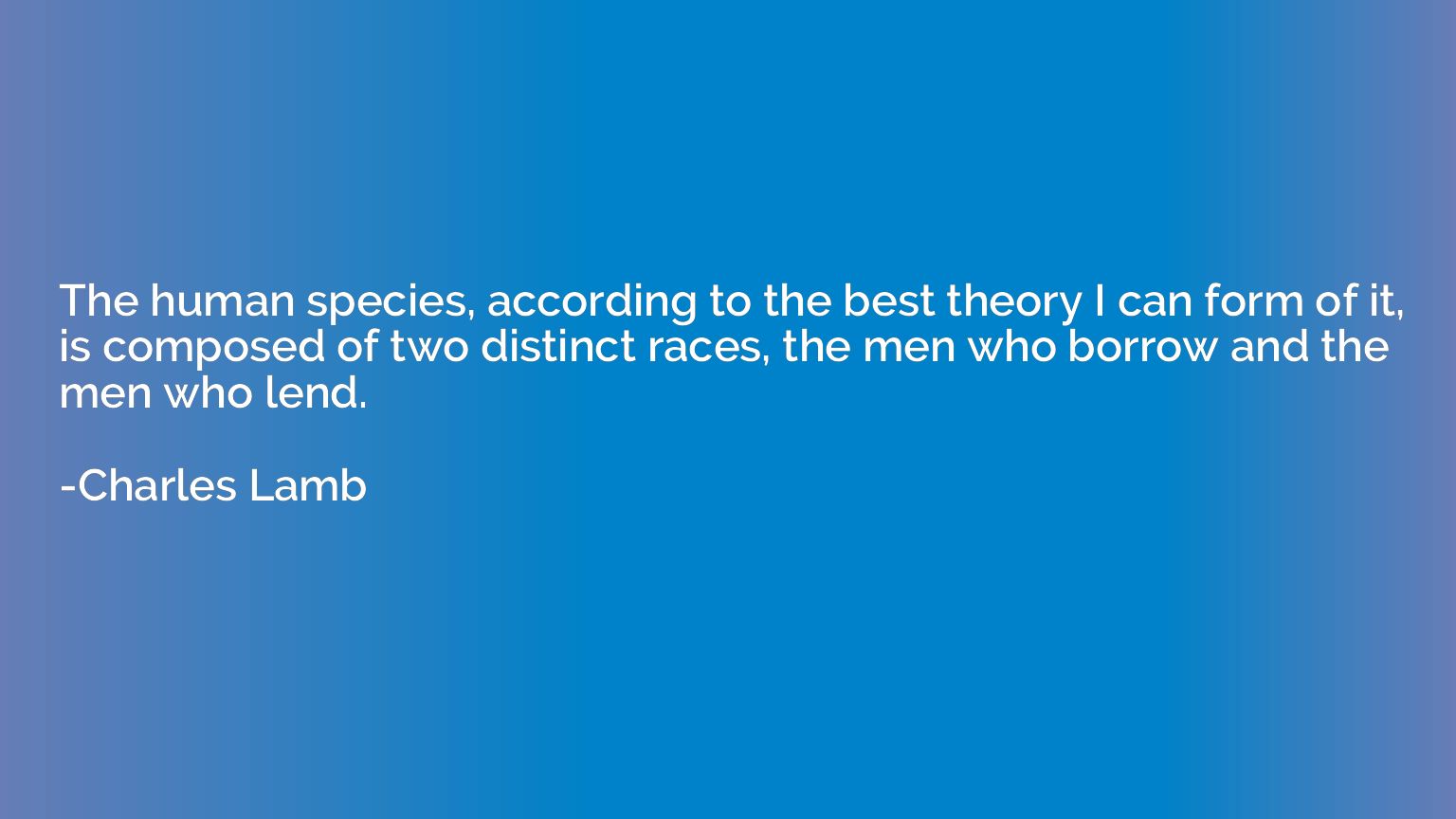Quote by Andrew Matthews
There is no shame in finding someone else to be attractive, or good company. Even if they don't like you, there is still no shame. If you happen to be fond of someone, and they're not fond of you, it's OK.. You don't have to wait and see if they'll love you back. You can announce it.. Joy in life comes from expressing ourselves, in taking risks and jumping in. Everyone is not going to like you. But you can like who you like.

Summary
This quote emphasizes that it is perfectly acceptable to find someone attractive or enjoy their company, even if the feeling is not mutual. It encourages individuals not to feel ashamed of their preferences or wait for validation from others. Instead, it emphasizes the importance of expressing oneself honestly and taking risks without fearing rejection. It acknowledges that not everyone will like you, but it's essential to embrace and appreciate those we genuinely like, regardless of reciprocation. Ultimately, true joy in life stems from being authentic and not being afraid to pursue personal connections and experiences.














